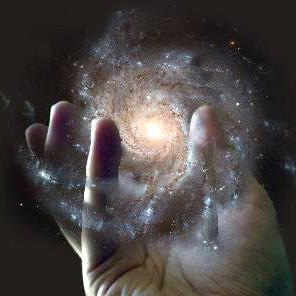
At this point, the Big Bang Theory is the survivor of the many hypotheses that have been put forth in the last sixty-five years. Denying it requires at least two things: a testable mathematical framework and that that framework be more plausible than that that comes with the Big Bang Theory. Is anyone in possession of such a mathematical framework or direct me to the appropriate monographs?
Within the last ten years it has been noted that infintely old systems cannot be sustained because of the increase in entropy. If our universe were infinitely old, not only would galaxies no longer exist, but stars or baryons for that matter - just a quarky darkness. We just wouldn't be here. I have yet to see a technically reasonable and mathematically sound refutation of this. Scientific theories cannot be hung on nothing but imagination, nor can they be cursorly dismissed without cause.
If the universe is eternal, then it must go through a series of contractions and expansions. This is because it has been determine that our current universe can be traced back to a singularity which implies the universe, if it is eternal, must go through serial expansions and contractions.
Further, in order for a universe to have this property, the entropy (disorder) of that universe, as a whole, must be below a certain value so that it can contract. The entropy of our universe is too high. If the universe is expanding and every measure that modern scientists have done have shown that it is expanding. An expanding universe is by definition one that is increasing in entropy.
There is not a competent scientist who does not believe that there are points in space where there are reversals in entropy. Black holes are a case in question. The point is not what happens in individual instances, but what is the general estate of the universe as a whole. Those are very different things. The vast majority of scientists who are atheists would tell you that the entropy of the universe is increasing.
Moreover, what had been lost in the entropy argument, in the past, was that with each re-expansion there must be an increase in entropy. Eventually, after roughly two hundred of these expansions and contractions,the entropy is so high that not only stars and planets cannot exist, but atoms themselves. Since this number of expansions and contractions are finite, if the universe has always existed (ie it is infinite with respect to time), then it follows that these two hundred expansions and contractions had to take place, long before now and we should not be here to have a discussion.
The universe is not and cannot be eternal.
What we provide!
Vote Content
Great answers start with great insights. Content becomes intriguing when it is voted up or down - ensuring the best answers are always at the top.
Multiple Perspectives
Questions are answered by people with a deep interest in the subject. People from around the world review questions, post answers and add comments.
An authoritative community
Be part of and influence the most important global discussion that is defining our generation and generations to come